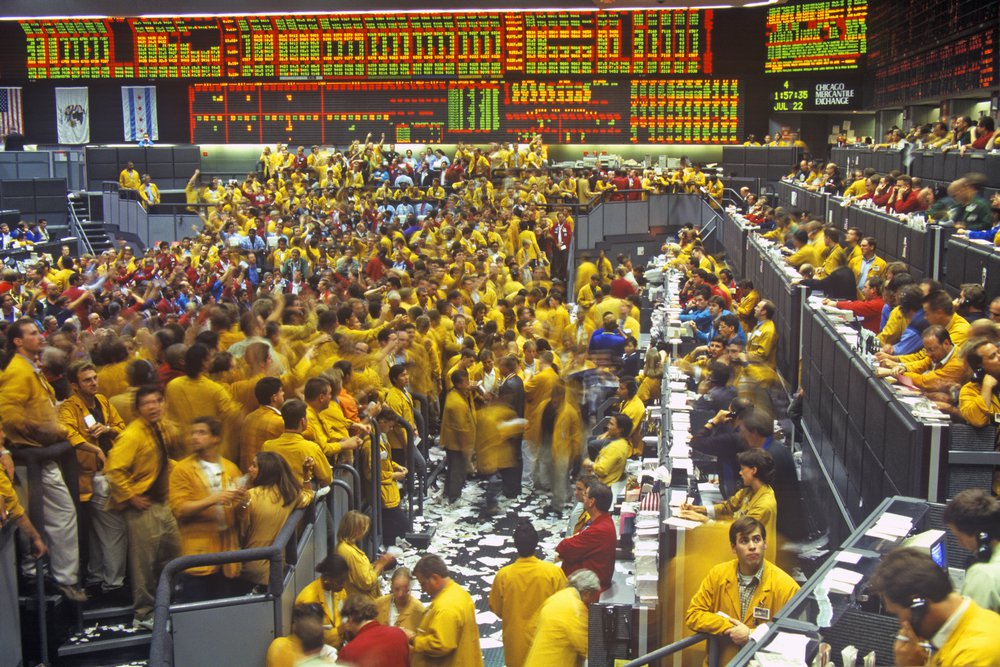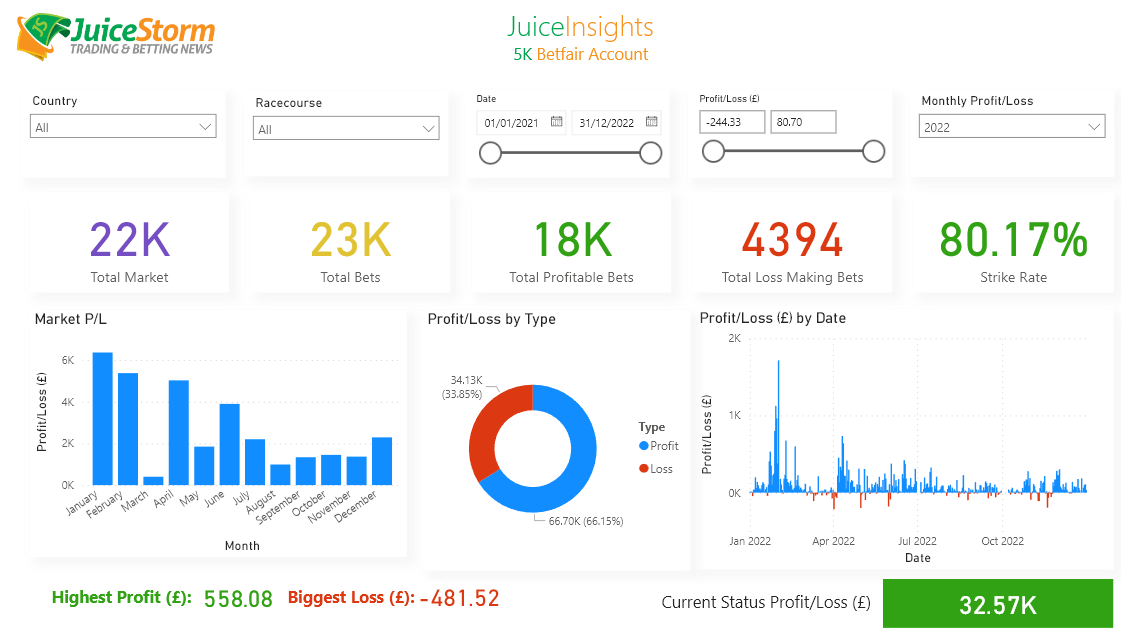Changing the Fundamentals of Futures Trading
As a general rule, people struggle with change.
- Digitex Has Been Two Years in the Making - November 27, 2019
- Digitex Futures Is Ready to Revolutionize Futures Trading - November 26, 2019
- With 4 Days to Go, Check Out the Progress on the Digitex Testnet - November 26, 2019
As a general rule, people struggle with change. The futures trading industry is a perfect example of a business that isn’t known for its ability to reshape itself. It’s continued to operate more or less in the same manner since its inception in 1848. That is, until now. Digitex is working to bring unprecedented disruption to the futures markets, and here’s how.
The Chicago Board of Trade (CBOT) was founded 170 years ago, on April 3, 1848. Over the years since then, the futures industry has experienced very little disruption. However, thanks to blockchain technology, smart contracts, and digital currencies, the futures industry is on the verge of undergoing a radical transformation. In fact, the entire financial services sector will experience major adjustments as blockchain technology transitions into our daily lives.
One of the more exciting changes to occur within the futures trading industry is the world-first launch of commission-free trading by Digitex Futures Exchange. Digitex is pioneering the use of its own native currency (DGTX) combined with Ethereum technology to create a zero-fee trading environment.
On the Digitex exchange, all customers will use DGTX to buy and sell crypto futures contracts. Furthermore, DGTX offers a “double bonus” to traders who use the Digitex Exchange. In addition to serving as a token to facilitate trades on the Digitex exchange, we also expect that DGTX will rise in value based on increased demand from Digitex traders.
Therefore, the DGTX token is the magic ingredient which enables Digitex to offer the first-ever commission-free exchange. This sets us apart from all other futures exchanges that have come and gone over the last 170 years.
The “Traditional” Role of The Broker is Being Eliminated
The DGTX token economy model isn’t the only reason that the futures industry is on the verge of undergoing a radical transformation. As Digitex forges ahead with a commission-free exchange, it’s likely that the role of the broker within the futures industry will eventually become redundant.
The traditional role of the broker is to serve as the “middleman” between the customer and the brokerage firm. This particular model has been in place since the CBOT was established in 1848.
The majority of customers who have a brokerage account are “introduced” to the brokerage firm by a broker who has an “Introducing Broker Agreement” with the brokerage firm. These brokers are known as introducing brokers (IB). Essentially, the IB is responsible for onboarding the new customer to the brokerage firm’s trading platform.
Additionally, the IB is charged with the task of handling all customer service related questions. In exchange for providing these services, the IB receives a percentage of the commission paid by the customer to the brokerage firm. Generally speaking, the IB receives 20% of the gross commission collected by the brokerage firm.
Thanks to the peer-to-peer connectivity of blockchain technology and digital currencies, brokerage firms are slowly beginning to realise that using a broker as an intermediary will no longer be profitable going forward. In fact, a few brokerage firms have eliminated their existing Introducing Broker Agreements. They are removing brokers from the equation as they attempt to reduce their expenses.
As a general rule, the brokerage industry has a history of resisting change. This explains why the broader futures industry has remained largely unchanged for the past several decades.
Beginning in the mid-1990s, the commodity brokerage industry was forced to face the fact that pit trading would be replaced by electronic trading. Of course, the industry was not in favor of this transformation. But, despite a great deal of pushback, electronic trading eventually took precedence over pit traders and floor brokers.
However, it took almost 10 years for the entire transformation to occur. It should come as no big surprise that electronic trading has proven to be exponentially superior to the old method of using pit traders. This example illustrates why it’s never a good idea to resist the forward progress of technology.
Digitex is Blazing a New Trail
Not only is Digitex abandoning the traditional model of the brokerage industry, but we are also introducing the next generation of electronic trading. Digitex will offer a completely new platform with a cutting edge, intuitive one-click trading interface.
As you can see, all of these new features introduced by Digitex are incredibly customer friendly. The entire Digitex team is laser-focused on creating the most trader-friendly experience possible.
A commission-free platform will completely alter the way traders and exchanges interact with one another in terms of trading activity and trading duration. Adam Todd, the founder and CEO of Digitex, has always wanted to create a commission-free exchange that will level the playing field for profitable trading among short-term traders and day traders.
Adam has a history of successful day trading. However, he always felt that long-term traders had a disproportionate advantage over day traders due to excessive fees and commissions that stack up for frequent traders.
This model actually penalizes those traders who are providing more liquidity, and more business to the exchange. Effectively, it’s a practice of charging your best and most loyal customers more. This is what inspired Adam to launch Digitex.
Digitex Continues to Move Forward
Officially, Digitex has been in existence since its ICO on 15 January 2018. During the past 18 months, Digitex has experienced some setbacks, which is common for any start-up company. Despite its setbacks, the entire Digitex team continues to drive towards the goal of becoming the first zero-fee crypto futures exchange.
Being the first at anything is never easy because there’s no playbook to follow. Digitex must do all of the heavy lifting to build a commission-free exchange from the ground up.
In addition to the hard-working Digitex team, the company is working with Moscow-based SmartDec for developing and programming the futures exchange and trading platform. SmartDec is a highly successful company specializing in software development, smart contract development and software auditing. Now, Adam and other members of the Digitex team are working side-by-side with SmartDec in Moscow to ensure a seamless lead up to launch.
We’re continuing to pioneer many brand-new concepts even within the cryptocurrency space. Digitex is one of the only blockchain startups to implement a Treasury, which ensures a continuous, sustainable stream of funding for our exchange over the next two years. We’re also implementing the Digitex DAO, so our users, DGTX token holders, will have voting rights over the exchange.
So our message to the futures industry – watch out! Digitex is on a path to disrupt the status quo. We’re providing traders with every incentive to break with tradition and enjoy the benefits of commission-free trading on a cutting-edge platform. And where we lead, others will surely follow.
Digitex Futures writers and/or guest authors may or may not have a vested interest in the Digitex Futures project and/or other businesses mentioned throughout the site. None of the content on Digitex Futures is investment advice nor is it a replacement for advice from a certified financial planner.





